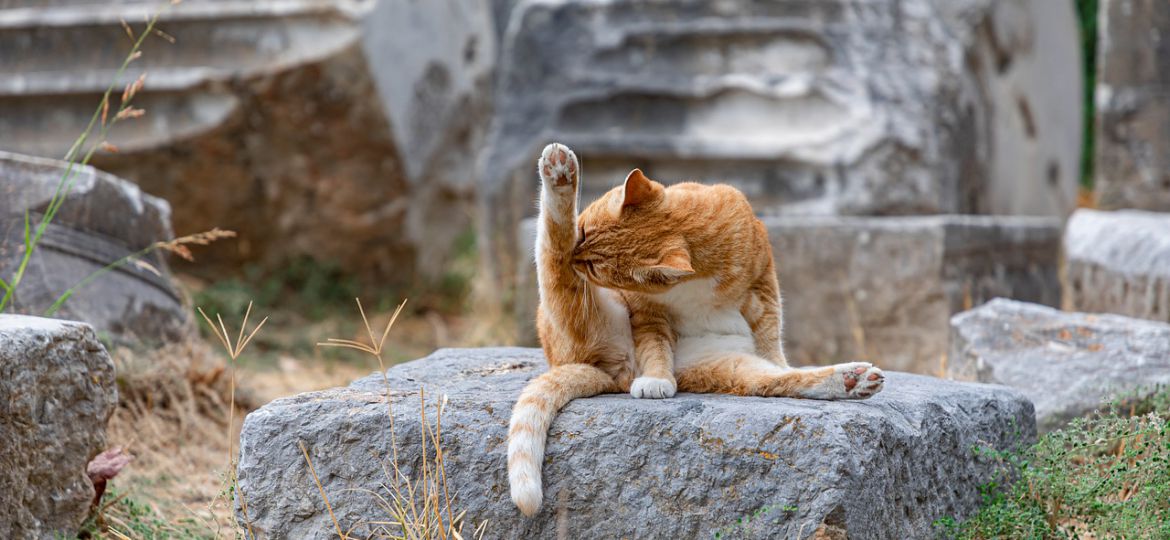
In today’s times, self-care has become a much-bandied term, meaning different things to different people. Self-indulgence, narcissism, selfishness, expensive spas, scented candles, vacations to exotic locales, and so on and so on. But as we know, self-care is not at all about self-indulgence, spas, candles, and such like. It is about sustaining ourselves, our work, our movements. About keeping the fires lit. About survival, resilience and thriving. About relating with love to ourselves. Self-care does not require us to spend money or even to go anywhere. Except perhaps, within; and not even that, if we are not of a mind to do so.
Raj Mariwala, Director of Mariwala Health Initiative (and a dog-trainer who likes blowing soap bubbles), in a deeply honest and thoughtful interview with Shikha Aleya, unwraps the befuddled and befuddling connections between self-care, mental health, and sexuality, redirecting us from a Euro-centric, hetero-patriarchal and neoliberal vision of wellbeing to take us into the realm of animal-human companionship, queer kinship, and the ethics of relating. Probing the self and what it would mean to care for oneself, especially if our experiences don’t find mainstream recognition or articulation, Raj reclaims self-care as a live process, unique to each individual within their larger socio-cultural and political milieu with their unique stressors, marginalisations and privileges.
Deepa Ranganathan peers closely at self-care and relationships, with ourselves and our family and/or support systems. As a parent in these fraught times, Deepa treads the blurry line between caring for herself and being a caregiver, and learns how to give as well as receive care and support. Expanding the notions of care and support, Rukmini Banerjee questions the possibilities of self-care; as vibrant and alive, as a coming together of our inner and lived experiences, as feminist and subversive.
Nighat Gandhi dwells on self-care, ageing, and vaginas, digging deep into self-regard in a sea of messages telling us who we are and how we are is wrong, or simply not good enough. Drawing from the Buddhist idea of dukha, Nighat defiantly stakes claim to loving care, attention, and kindness towards ourselves and in our relationships.
In notebooks covered in brown paper and hidden away, Sheena D’Lima discovers and cultivates her inner life; her thoughts and feelings at once her guideposts in navigating life and coming up to be fully examined, understood, and experienced. Journalling, Sheena tells us, is a radical self-care practice, journalling is sustenance.
Sustenance is what we all need, especially now with Covid-19 being so much a part of our lives. Ansha Patel writes about how Covid-19 has affected women’s mental health and how these challenges might be dealt with.
In Hindi, we have a translation of an earlier article about self-care, self-love and grooming by Deepa Ranganathan.
In Brushstrokes, we bring you Women at Leisure, a project collecting and celebrating stories of women making room for play and abandon in everyday life, and in the Video Section, an insightful and hopeful video by The School of Life on how to be a friend to ourselves.
In our FAQ Corner, we share a link to an incisive article by Laurie Penny on negotiating the false idols of neoliberal self-care, a disquisition against the hollow hopelessness of the wellness ideology and an assertion of self-care as an “act of political warfare”.
May we learn to be good friends to ourselves!
Continuing with our theme of self-care being about sustaining ourselves, our work, our movements, keeping the fires lit, and relating with love to ourselves, in our mid-month issue we bring you more articles looking at self-care from different perspectives – individual, queer, activist, collective, organisational, not necessarily separated, or in this order, of course.
Vani Viswanathan delves into individual and collective care with the pandemic making more pronounced and urgent the need to address mental health and wellbeing. At TARSHI, self-care has been an everyday practice for many years. Vani writes about what this means, why it is important, how we do it as an organisation, and how we take it beyond ourselves. She traces how we have and are doing this and outlines the process that has resulted in our soon-to-be-launched online course on stress management and burnout prevention.
Based on exchanges she has had with more than 500 LGBTI and human rights defenders during workshops in the Latin American and Caribbean regions, Rosa Posa Guinea reflects on self-care and the internal resistance to it using the image of the nun within to examine the beliefs that lead us to resist taking care of ourselves, our pleasure and happiness, and wellbeing.
For those of us engaged in ‘people work’, self-care might seem superfluous or secondary. After all, what have we got to be stressed about when the people and/or communities we work with might be marginalised in ways more real and profound than us? This is what Devika Nair re-thinks and challenges. Taking care of ourselves isn’t indulgence or selfishness, Devika tells us, but a way to sustain our passion for our work and all that we truly care about.
Who would we be if we weren’t trying to survive? Rukmini Banerjee and Soumya Jayanti ask us to ruminate on this as they dig deep into the different shapes and forms survival might take for us, the place it holds in self-care (or if self-care can simply mean survival, sometimes), and the radical potential survival, and self-care beyond survival, hold. Almost as if they are talking to one another, Soumya and Rukmini write movingly and candidly about the loneliness and the togetherness of queerness, self-care, and survival.
For Blog Roll, we have curated two articles. One, a poignant personal narrative on the politics of self-care in different contexts, and the other, a vibrant guide to affordable mental healthcare for the queer community.
In the TARSHI Corner, we share the announcement our upcoming online course on stress management and burnout prevention!
Self-care is about survival, resilience and thriving. And about being good friends to ourselves!
Stay well! Stay steady!
Cover Image: Pixabay